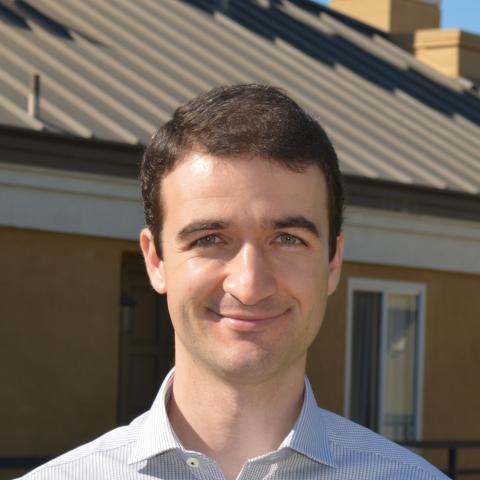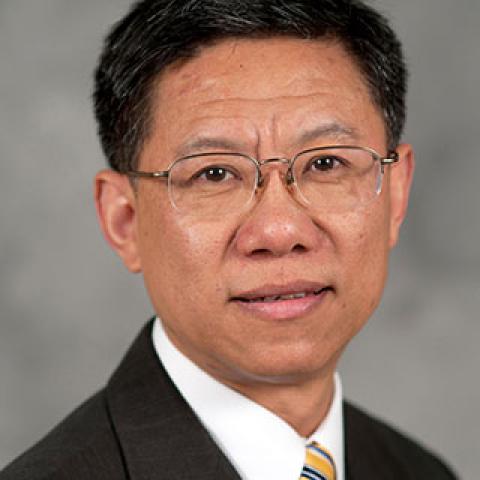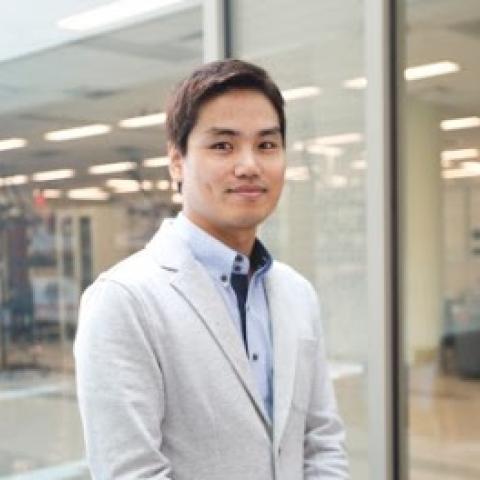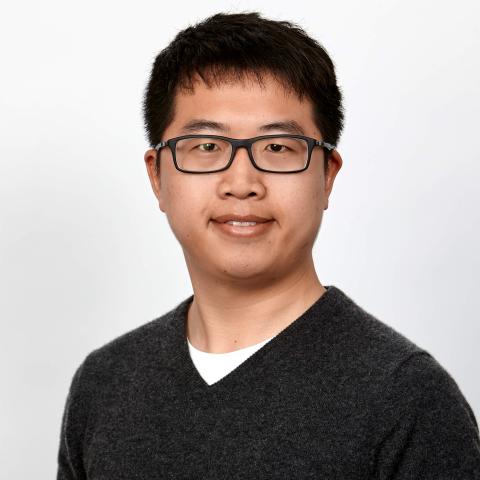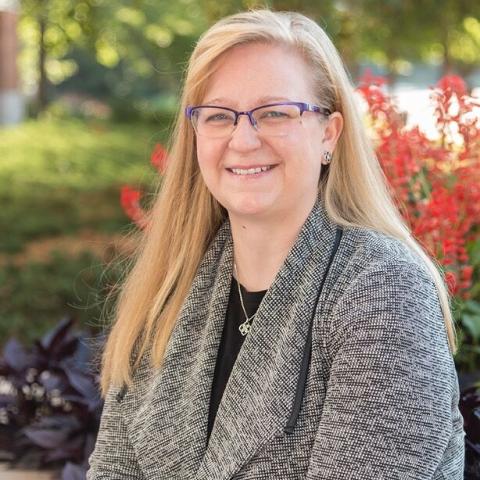Hui Cai

Hui Cai is a professor of the School of Architecture at the Georgia Institute of Technology. Prior to joining Georgia Tech, she served as the Chair of the Department of Architecture, and the Director of Research at the Institute of Health and Wellness Design at the University of Kansas. She also previously served as the Health + Science research leader and designer at CallisonRTKL Associates in Dallas. Cai received her Ph.D. degree from the Georgia Institute of Technology after several years of architectural education and practice in China and Singapore.
Dr. Cai’s research focuses on using a performance-driven and evidence-based design approach to analyze the relationship between culture, human behavior, and the physical environment, especially in healthcare settings and healthy communities. Dr. Cai combines various analytical tools in her research, such as space syntax analysis, discrete event simulations, and behavioral mappings. Cai disseminates her work extensively through numerous publications and presentations. Her work in healthcare research has received several awards, including the International Academy Award for Best Research project, AIA-AAH/AAH Foundation Burgun Fellowship, and the Inaugural Wilbur H (Tib) Tusler, Jr. Health Design Research Prize awarded by the Foundation for Health Environments Research. She is recently named as 2021 HCD 10 Healthcare Design Educator. She also served on the Board of Directors for the Environmental Design Research Association (EDRA).
